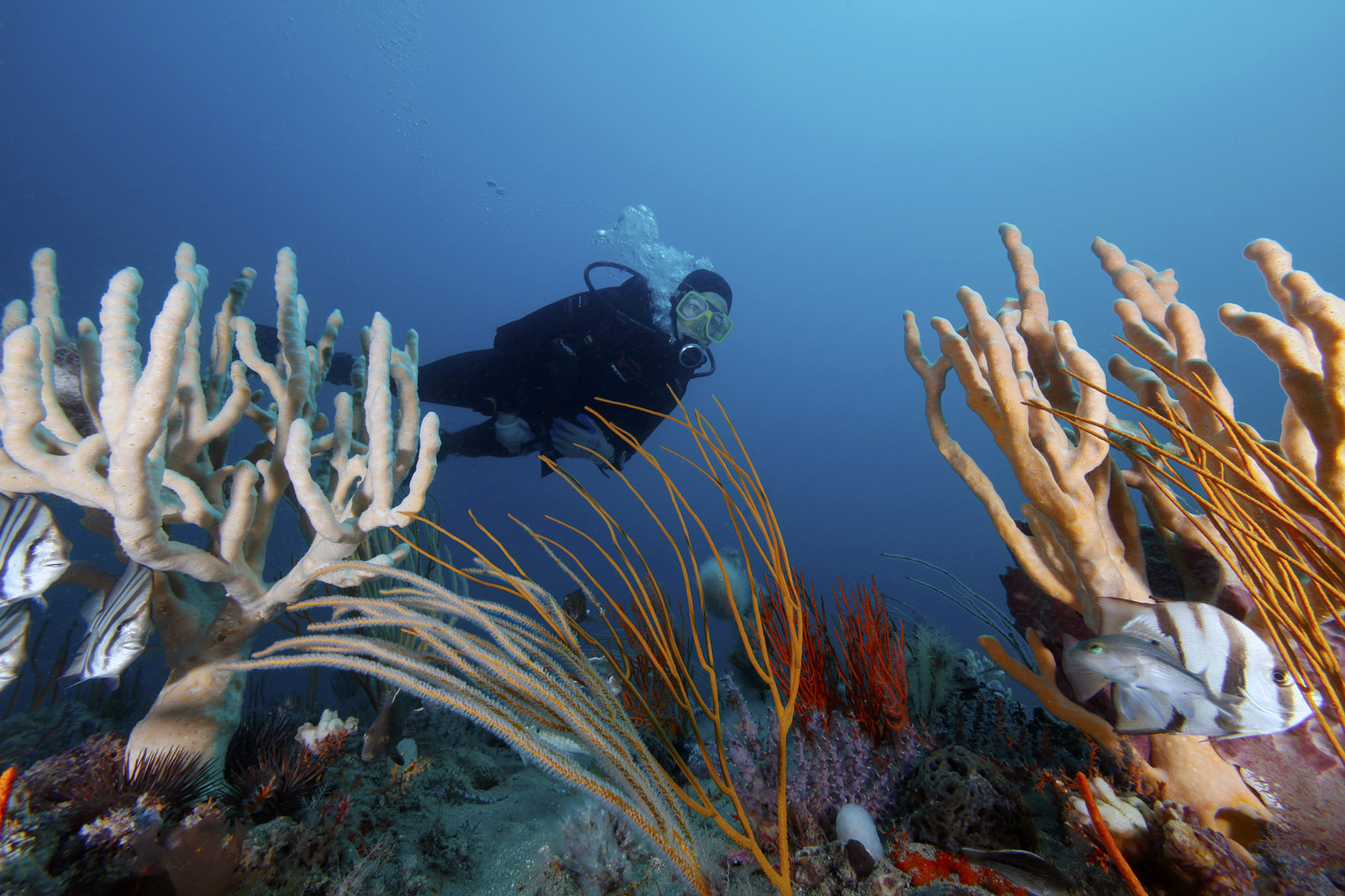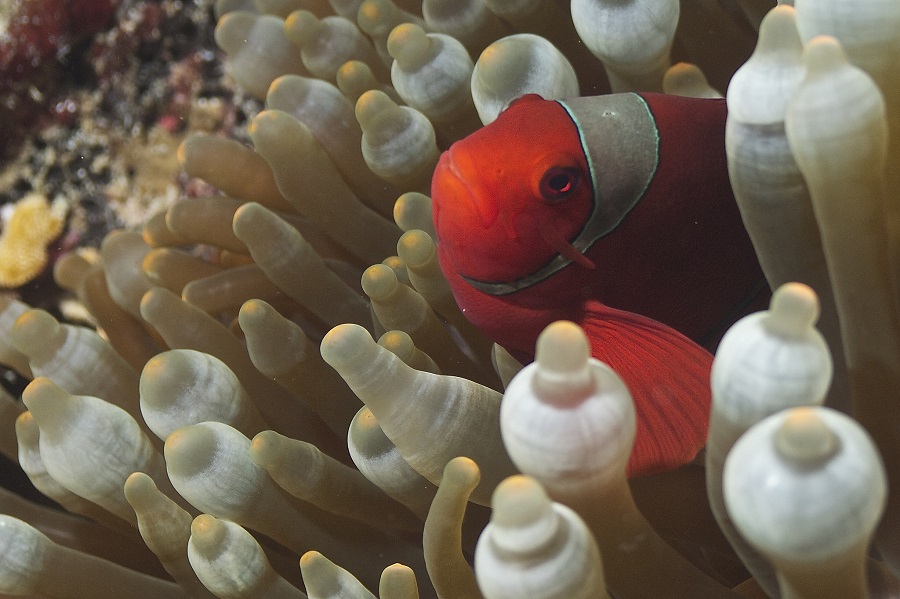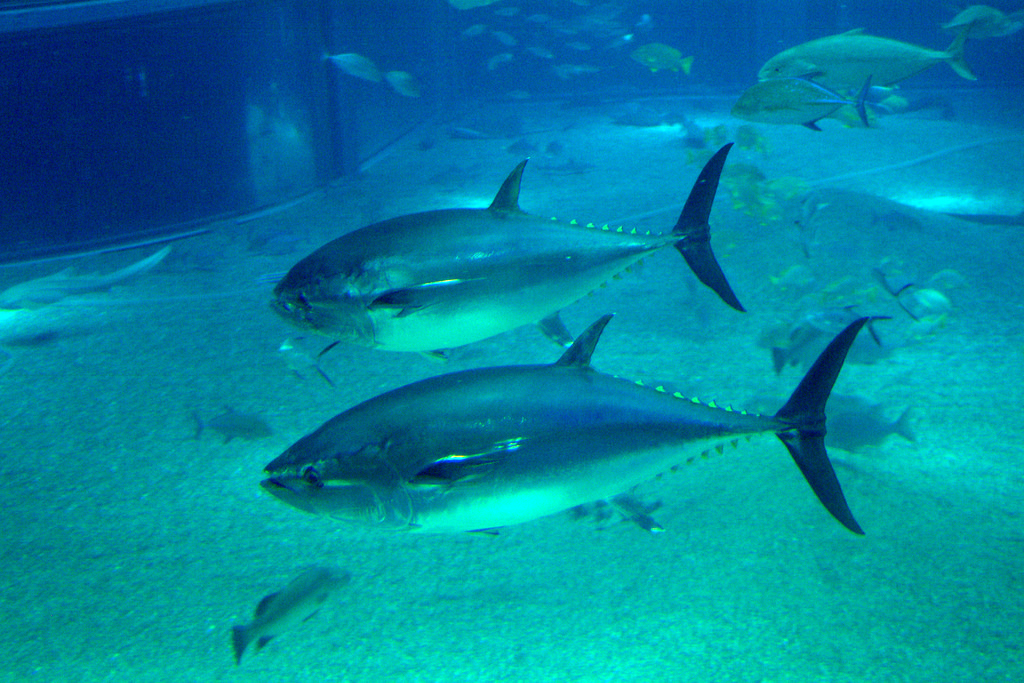
Gray’s Reef National Marine Sanctuary. Photo by NOAA’s National Ocean Service, Flickr.
Highly protected marine reserves can help mitigate against the impacts of climate change, a study by a team of international scientists has concluded.
Scientists say reserves can help marine ecosystems counter fight five key impacts of climate change: ocean acidification; sea-level rise; increased intensity of storms; shifts in species distribution, and decreased productivity and oxygen availability.







